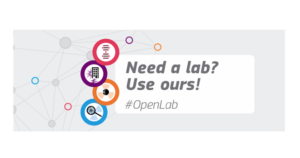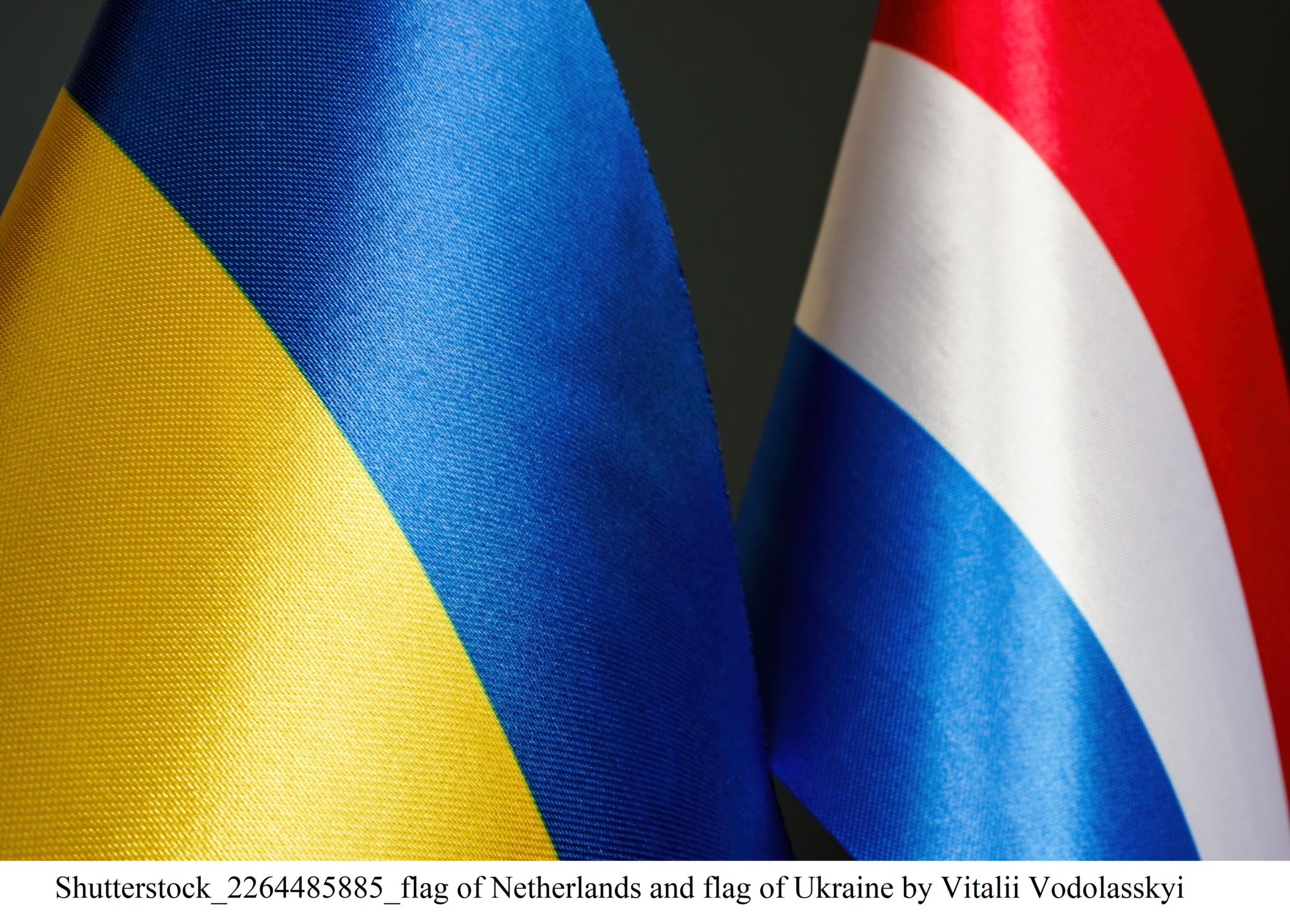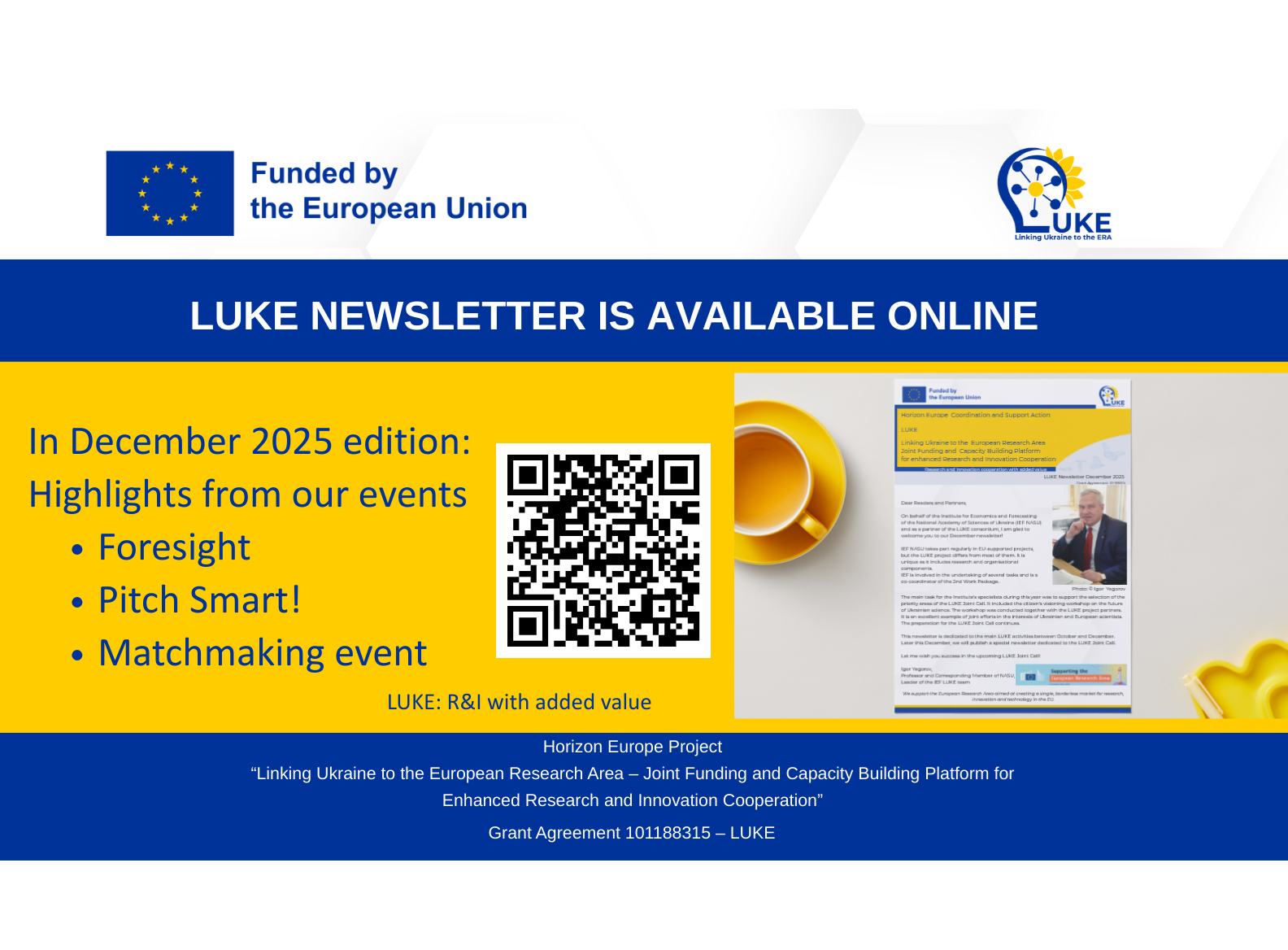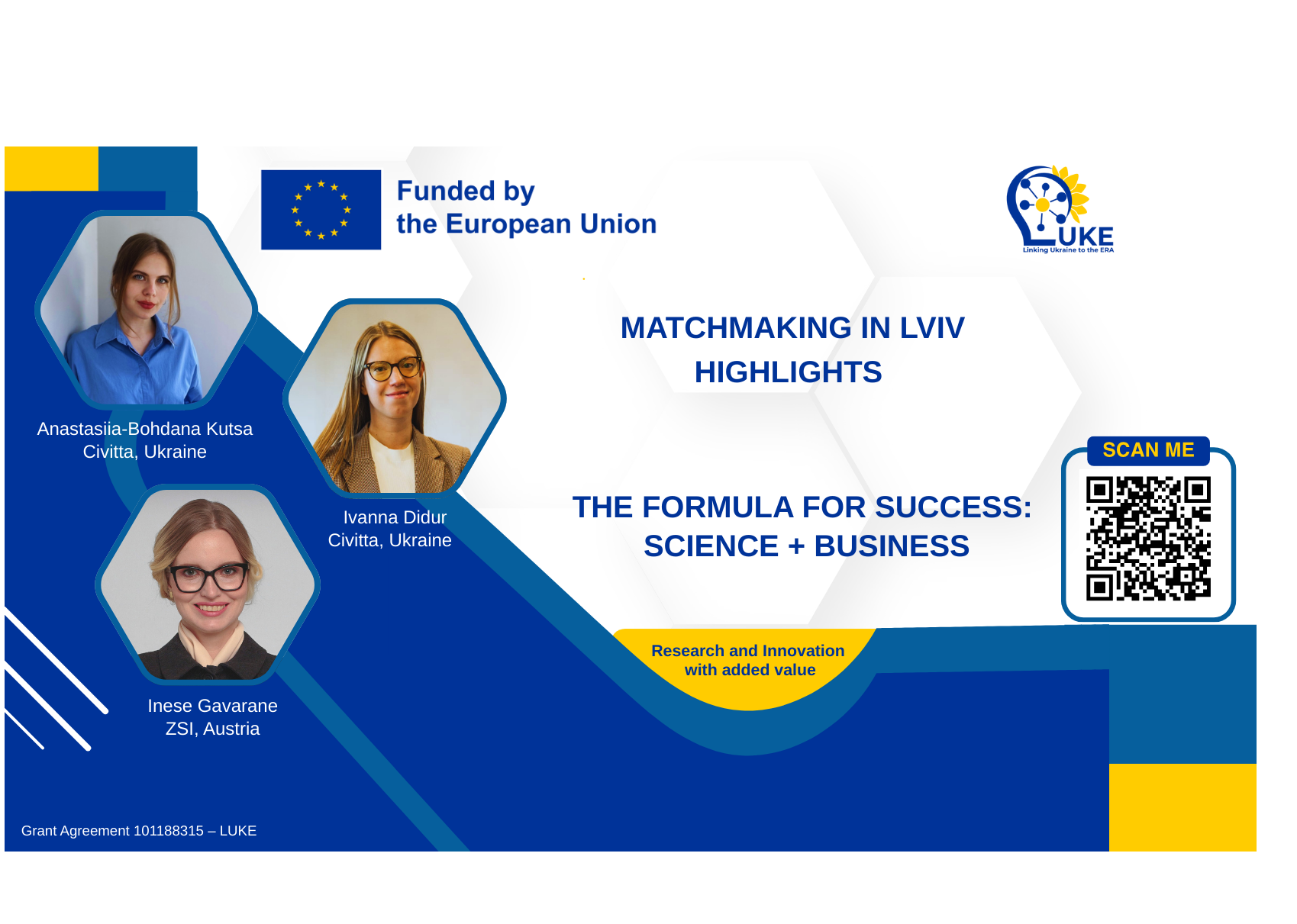The European Commission’s Joint Research Centre (JRC) opens its scientific laboratories and facilities to people working in academia and research organisations, industry, small and medium enterprises (SMEs), and more in general to the public and private sector.
The JRC offers access to its non-nuclear facilities to researchers and scientists from EU Member States and countries associated to the EU Research Programme Horizon Europe. For nuclear facilities, the JRC opens to EU Member States and to countries associated to the Euratom Research Programme.

The JRC opens three of its laboratories for environmental and mechanical materials assessment in Petten. The EMMA facilities focus on material testing at high temperatures and in corrosive environments using test samples from the micro to the macro-scale. Most of the research supports international and European projects involving national nuclear research laboratories, academia as well as nuclear industry.
The Actinide UserLab (Actuslab) includes state-of-the-art instruments for measuring and exploring materials properties in a wide range of temperature, pressure, and magnetic field. Studies performed at the JRC are helping in bringing the actinide knowledge to a “material-by-design” level. Fostering international collaboration and offering access to its specialised facilities through EU programmes, is pivotal to the realisation and expansion of the European Research Area in the fields of actinide chemistry and physics.
The European Laboratory for Structural Assessment (ELSA) offers the world’s largest Hopkinson bar facility (HopLab), which is used to study materials and structural components to very fast dynamic loads, such as those due to blasts and impacts, where knowledge of the material behaviour under high strain-rates is necessary.
The JRC nanobiotechnology laboratory has state-of-the-art facilities for interdisciplinary studies, with a special emphasis on the characterisation of nanomaterials, nanomedicines, advanced materials, and micro(nano)plastics. Our institutional work focuses on developing a science-based understanding of the physico-chemical properties of these materials and their interactions with biological systems.
The calls address external users from academia and research organisations, industry, SMEs, and more in general from the private and public sectors.
You will find all relevant information here: https://joint-research-centre.ec.europa.eu/knowledge-research/open-access-jrc-research-infrastructures_en, such as:
- Priority topics listed under the upcoming calls
- Benefit from support provided for travel and subsistence cost to Users from User Institutions established in a country eligible for the Widening participation and spreading excellence Programme.
Conditions and criteria for access
- Depending nuclear and non-nuclear fields, eligibility of user institutions’ countries may differ between calls.
- The Lead User Institution must be from a university, research or public institution, or from a Small-Medium-Enterprise (SME).
- Ethical considerations in accordance with EU Law, in particular Art. 19 of Regulation (EU) 1291/2013, and applicable laws and regulations in the EU Member States.
The JRC may provide under certain conditions (see specific call) a financial or in-kind contribution to support Users to cover their costs of travel and subsistence (T&S) related to the User stay Days, subject to the availability of funds, personnel and other resources to Users.
Examples: of ongoing and past collaborations using this instrument can be found in the new Research Infrastructures Brochure
Applications to access the JRC Research Infrastructures can be submitted from today onwards with deadlines for Nanobiotech until 1 March 2023, 23:45 (CEST), for ELSA until 15 February 2023; 23:45 (CEST), for ACTUSLAB until 10 March 2023; 23:45 (CEST) and for EMMA until 31 January 2023, 23:45 (CEST).
Related links:
- https://joint-research-centre.ec.europa.eu/calls-proposals/amalia-assessment-nuclear-power-plants-core-internals-emma-2022-2-rd-emma-amalia_en
- https://joint-research-centre.ec.europa.eu/calls-proposals/mcl-micro-characterisation-laboratory-emma-2022-1-emma-mcl_en
- https://joint-research-centre.ec.europa.eu/calls-proposals/smpa-structural-materials-performance-assessment-laboratories-emma-2022-1-emma-smpa_en
- https://joint-research-centre.ec.europa.eu/calls-proposals/hopkinson-bar-facility-european-laboratory-structural-assessment-elsa-2022-1-rd-elsa-hoplab_en
- https://joint-research-centre.ec.europa.eu/calls-proposals/nanobiotechnology-laboratory-2022-1-rd-nanobiotech_en
- https://joint-research-centre.ec.europa.eu/calls-proposals/pamec-properties-actinide-materials-under-extreme-conditions-actuslab-2022-2-rd-actuslab-pamec_en
- https://joint-research-centre.ec.europa.eu/calls-proposals/fmr-fuels-and-materials-research-actuslab-2022-2-rd-actuslab-fmr_en
- https://joint-research-centre.ec.europa.eu/calls-proposals/hc-ka-hot-cell-laboratory-actuslab-2022-2-rd-actuslab-hc-ka_en





